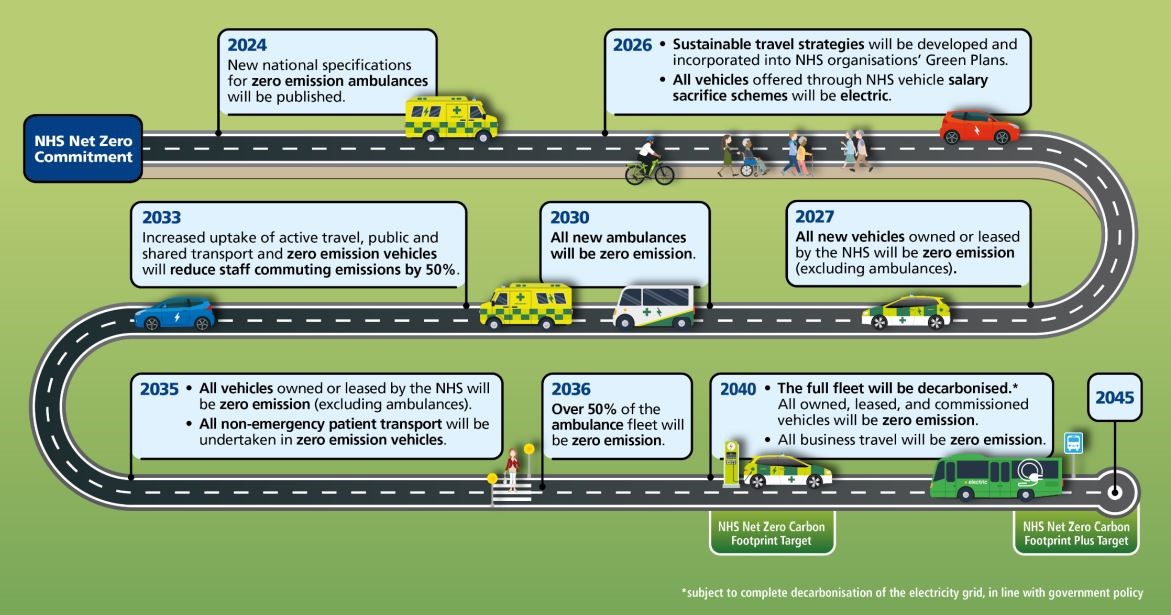SHSC's sustainability lead, Sarah Ellison, is delighted to announce that SHSC has developed and had externally accredited our first sustainable travel plan.
This is a key milestone on our journey to being a net zero NHS service provider and making SHSC a great place to work.
